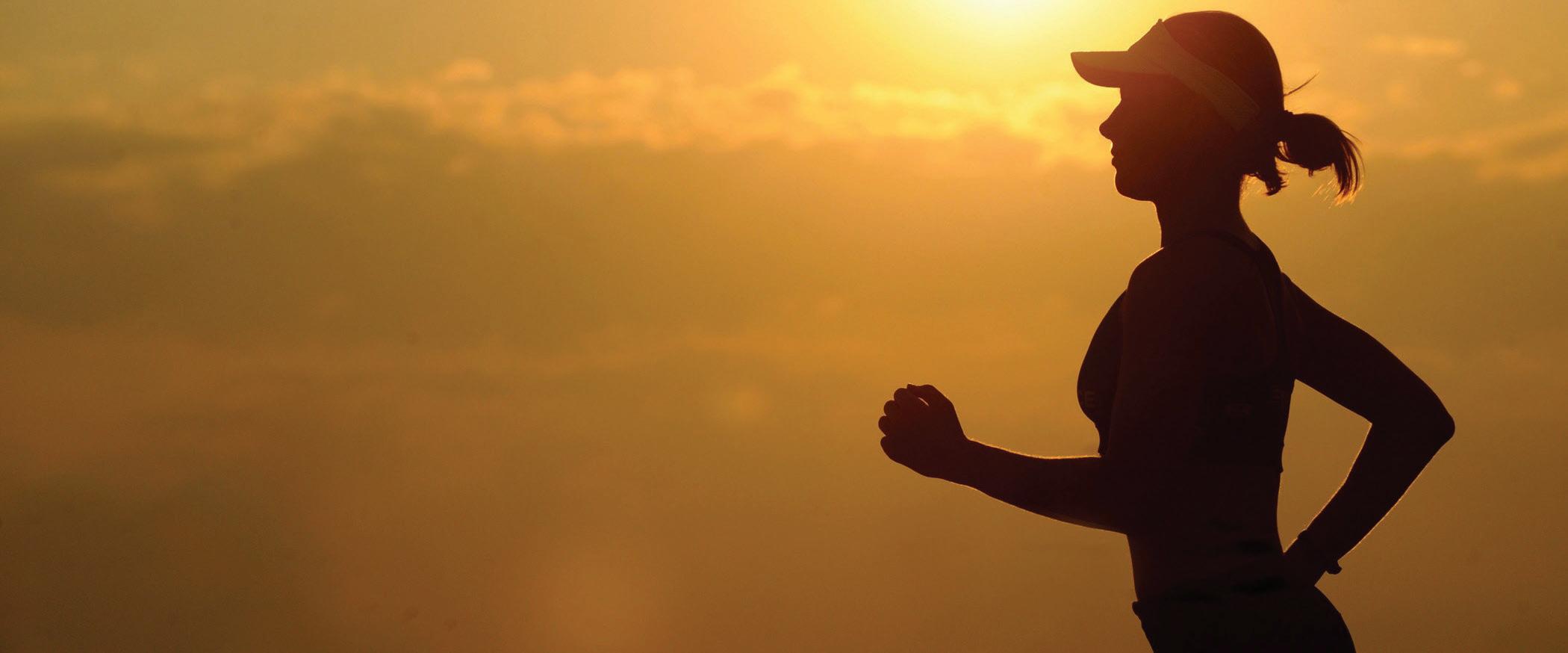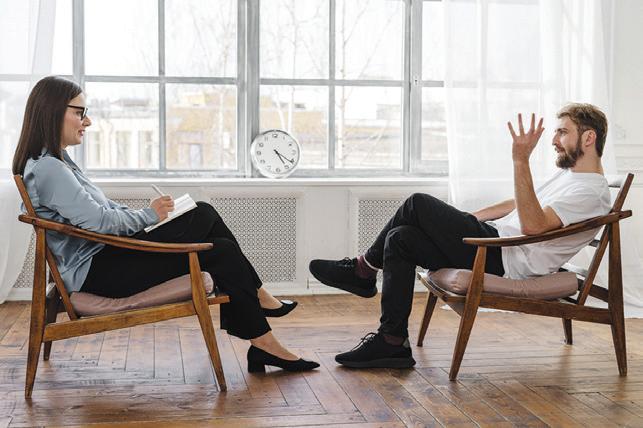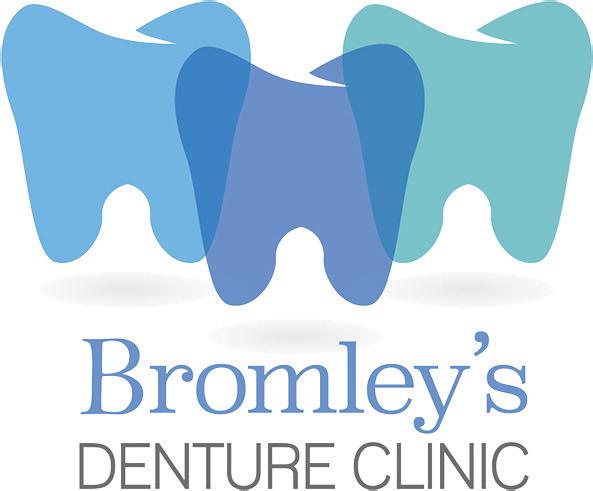
4 minute read
Health
Mental health resources become accessible for diverse communities
A range of new resources has been launched today as part of a trial program to provide better mental health support to people from diverse communities. e digital mindfulness resources, which have been developed a er identifying a need within Arabic, Bangla, Mandarin, Nepali, Greek and Spanish speaking communities, aim to help people improve their wellbeing and reduce psychological distress through six mindfulness exercises.
Minister for Mental Health Bronnie Taylor said the new resources will make a real di erence to the lives of people from these communities.
“COVID has had a signi cant impact on the mental health of many people from culturally and linguistically diverse communities, due to feeling less safe, disruptions in social support activities, challenges in nding work, and other impacts on daily life,” Mrs Taylor said.
“Studies have shown that programs based in mindfulness are e ective in reducing depression, anxiety and stress, and improve overall general wellbeing. ese resources have been adapted from mindfulness programs that have been found to produce signi cant improvements in mental health and reductions in psychological distress.
“Mindfulness can be practised by anyone from any faith irrespective of their cultural or spiritual beliefs.”
Arabic and Bangla were the rst two languages the resources were developed in, and represented the rst time nationally or internationally there has been a translation of an evidence-based mindfulness program into these languages.
Minister for Multiculturalism Mark Coure said the programs help speak directly to people in their language.
“Just like we need to be treating mental health as part of our holistic health and wellbeing, so too do we need to ensure everyone across NSW can access the help they need no matter their cultural background or language,” Mr Coure said.
“ is trial program re ects the ongoing commitment of the NSW Government to ensure no one is le behind in our rich multicultural society.
“While the resources are in-language, they are also developed with awareness of these communities’ respective cultures to ensure they are speaking directly to people in a way they will understand and can relate to.
“ e programs are free and can be accessed without a referral, so I encourage anyone from these communities needing support with their mental wellbeing to look to these resources for help.”
Director of the NSW Multicultural Health Communication Service and Priority Populations in South Eastern Sydney Local Health District, Lisa Woodland, said the resources were co-developed by bilingual health professionals, accredited translators and community members, to ensure the integrity of the evidence-based program and cultural acceptability.
“ e Multicultural Mindfulness Resources are now available online for community members, community organisations, bilingual mental health professionals and community workers,” Ms Woodland said.

Leukaemia Foundation stands with First Nations communities living with blood cancer

e Leukaemia Foundation has re-a rmed its commitment to stand with and support First Nations Australians impacted by blood cancer.
Leukaemia Foundation CEO Chris Tanti said this year’s NAIDOC Week theme, “Get Up! Stand Up! Show Up!” aligned with the organisation’s own commitment to stand with Australians living with blood cancer, and particularly populations who are presently underserved, including First Nations Australians.
“Many First Nations Australians face barriers to accessing treatment and support. We know that First Nations patients are less likely to engage with the health system than non-Indigenous populations. For example, First Nations Australians are 40 per cent less likely to attend hospital for an acute lymphoblastic leukaemia (ALL) diagnosis1. When First Nations people do present to hospital, they are more likely to be diagnosed at a more advanced stage of cancer, and therefore, their cancer survival rate is 20 per cent lower than non-Indigenous people. e Leukaemia Foundation is committed to working with community, healthcare organisations, government, and First Nations people to break down these barriers and implement more culturally relevant supportive care,” Mr Tanti said. e National Strategic Action Plan for Blood Cancer has a series of recommendations to address the profound unmet needs of First Nations people with blood cancer, including improving data and strengthening the capacity of cancer-related services to meet these needs.
Mr Tanti said the Leukaemia Foundation is taking the rst step by investing over $700,000 into a research study to better understand blood cancer within First Nations communities and help inform more culturally sensitive care.
“We’re also looking at making changes to how we deliver our services to First Nations communities. As a necessary rst step, we are making connections with Aboriginal Liaison O cers for regional and remote communities, alongside building relationships with the traditional custodians of the lands on which our o ces sit. We will be seeking their advice and perspectives, so we can ensure that the services we provide are sensitive and relevant to First Nations communities.” is week, the Leukaemia Foundation will also launch its new Innovate Reconciliation Action Plan, to weave reconciliation into the fabric of the organisation, and to better align support services with the needs of First Nations Australians.
Mr Tanti acknowledged that there was more work to be done to close the gap in health.
“ is is just the beginning, but this important work will begin to address the tragic gaps in care that mean that too many First Nations Australians die from their blood cancer.”






